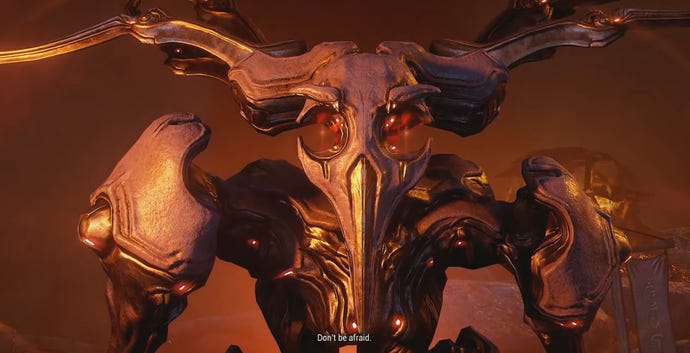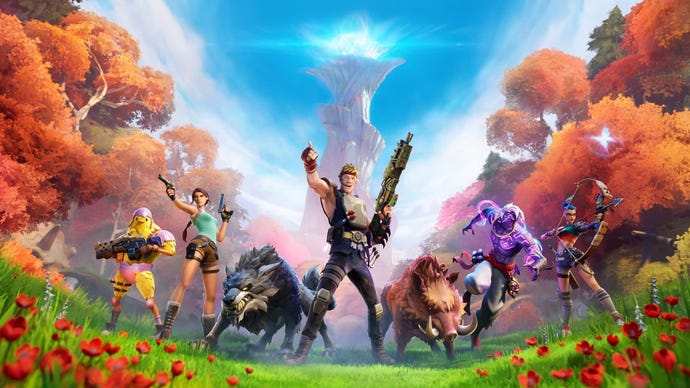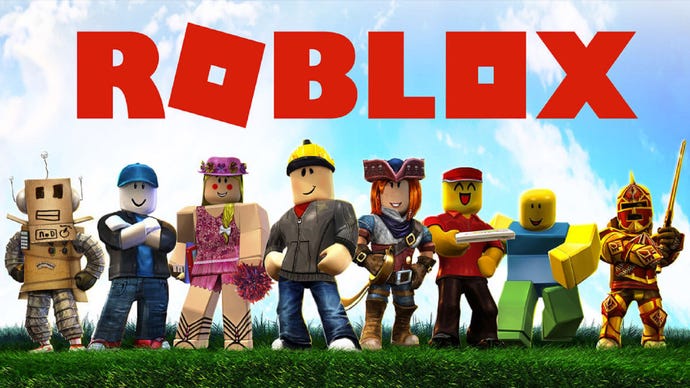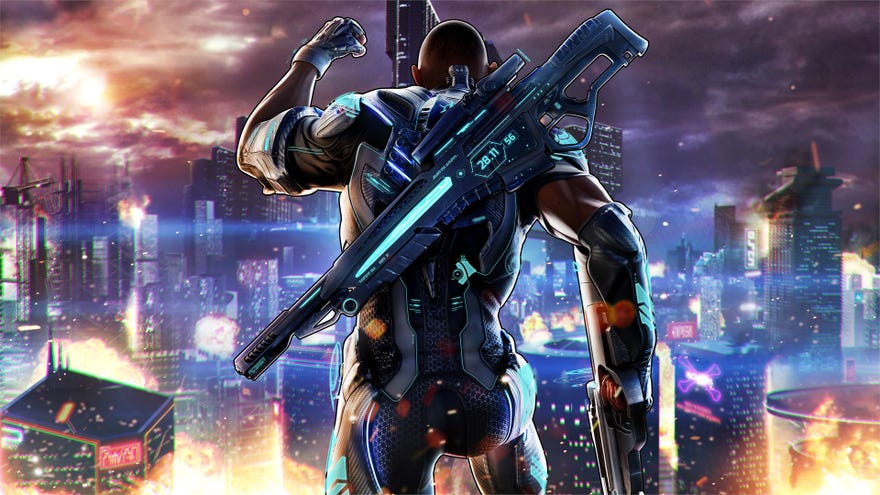Tencent have bought another game developer, so let's see how big their collection is now
They've snapped up Sumo Digital for just under £1 billion
Yesterday, Tencent announced they're set to buy UK game developer Sumo Digital, the folks behind games like Crackdown 3, Team Sonic Racing and Sackboy: A Big Adventure. The deal is reportedly worth £919 million ($1.27 billion), and means Tencent will fully own the company.
This isn't the first big acquisition the Chinese tech conglomerate have made, and I'm sure it won't be the last. But now is as good a time as ever to remind ourselves of exactly how many gaming pies Tencent have their thumbs plunged into.
Sumo Digital
Kicking things off with the Sumo news, GamesIndustry.biz reports that Tencent are set to fully buy Sumo Digital today, after previously having an 8.75% stake in the company. The developer will continue to work on their own games, as well as continue their "work-for-hire" projects under the new ownership. It's also worth noting Sumo is the parent company of The Chinese Room, the devs behind Amnesia: The Dark Descent, Dear Esther, and Everybody's Gone To The Rapture.
"The three founders of Sumo who work in the business, Paul Porter, Darren Mills and I, are passionate about what we do and are fully committed to continuing in our roles," CEO Carl Cavers said in a statement.
"The opportunity to work with Tencent is one we just couldn't miss. It would bring another dimension to Sumo, presenting opportunities for us to truly stamp our mark on this amazing industry, in ways which have previously been out-of-reach."
Bohemia Interactive
One of the other more recent stake purchases for Tencent was with Arma developers Bohemia. In February this year, they bought a minority stake in the company, but didn't disclose exactly how big that stake is, or what sort of money it went for.
Dontnod Entertainment
Just a couple of weeks prior to Bohemia, Tencent bought a minority stake in Dontnod, the devs who make the Life Is Strange series. The companies signed a business cooperation agreement, and Dontnod said Tencent had invested a total of €30 million (about £26.5 million).

Remedy Entertainment
In May this year, Tencent grabbed a 3.8% stake in Remedy, the folks behind Control and Alan Wake. Reportedly, Remedy found out about the sale after another shareholder, Ascendo Capital, had already sold the portion to Tencent.
Klei Entertainment
Continuing the new year spate of investments, back in January Tencent also grabbed a majority stake in Don't Starve developers Klei. The devs said Tencent had already assisted them in launching their games in China, and reassured fans that they'd keep "full autonomy of creative and operations across all aspects of the studio".
Digital Extremes and Splash Damage
Late last year, Tencent bought Leyou, a company that owns both Warframe developers Digital Extremes, and Dirty Bomb devs Splash Damage. Both studios put out the usual "don't worry, nothing will change" statements, and, at the moment, nothing really has changed.

OtherSide Entertainment
This is a bit of an odd one, because no stakes or sums of money were discussed in public. But at the beginning of 2020, OtherSide announced that Tencent would be "taking the System Shock franchise forward", whatever that means.
Riot Games
An oldie but biggie: Tencent have had a majority stake in Riot Games, the devs behind League Of Legends and Valorant, since 2011. But in 2015 they took full ownership of the company.
Funcom
Tencent used to be the largest shareholders in Conan Exiles developers Funcom, but in 2020 they bought out all the other shareholders. Like Riot, Tencent completely own Funcom.
Epic Games
Tencent have had a 40% stake in Epic Games, the folks who made Fortnite and a digital storefront that everyone loves to hate, since 2012.
Last year, Tencent's investments in Epic and Riot actually caught the attention of the US government. They wanted to know how the Chinese megacorp were handling the security of Americans' personal data.

Grinding Gear Games
In 2018, the conglomerate grabbed a majority stake in Path Of Exile dev Grinding Gear. They own 80% of the developer, and bought that for an "undisclosed sum" of money. Despite initial player worries that the devs would start to more aggressively monetise the game, that didn't happen, and to this day the game is still business as usual.
Platinum Games
Early last year, Bayonetta developers Platinum Games announced they'd received a "partnership investment" from Tencent, though the actual amount they received wasn't disclosed.
Activision Blizzard
Way back in 2016, Tencent snapped up a 5% stake in Activision Blizzard after the World Of Warcraft and Overwatch creators wanted to go independent, and escape ownership of the French media conglomerate Vivendi. ActiBliz had already worked with Tencent prior to this to bring their games to China.
Ubisoft
In 2018, Tencent bought a 5% stake in Ubisoft, helping the Assassin's Creed and Rainbow Six developers fight off their own takeover by Vivendi. It's not a big enough stake for Tencent to be allowed onto the company's board of directors, but they have helped Ubisoft publish games in China.

Bluehole (also known as Krafton)
Tencent bought an undisclosed stake in PUBG developers Bluehole in 2017 (though it's rumoured to be around 10%). Later that same year, it was reported that Tencent were looking to completely buy out the company, though no news on it has come about since.
Paradox Interactive
Crusader Kings and Europa Universalis makers Paradox sold 5% of their shares to Tencent in 2016. As with most developers on this list, they wanted Tencent's help in establishing their games in the Chinese market.
Discord
Not a technically a games company, but games-adjacent: Tencent invested an undisclosed amount of money in the chat app Discord in 2018. Between Tencent and a number of other investors, Discord secured $150 million in funding that year.
Frontier Developments
Back to the games: the tech megacorp also own a 9% stake in Elite Dangerous and Planet Zoo makers Frontier. The deal was reportedly worth £17.7 million (about $24m).

Marvelous
Last year, Tencent bought a 20% stake in Story Of Season developers Marvelous for $65 million (around $47.8m). (You might also recognise Marvelous as anime producers.)
Fatshark
In 2019, Tencent bought a stake in Swedish Warhammer: Vermintide developers Fatshark. Reports say it's around a 36% stake, worth about 500 million kronor (around £42m or $57m).
Sharkmob
Sticking with the sharks, Tencent owns 100% of the indie developer Sharkmob, who're currently working on a battle royale set in the Vampire: The Masquerade universe.
Roblox Corporation
Tencent and Roblox formed a "strategic partnership" in 2019. Roblox Corp owns a 51% stake allowing them to keep control, while a Tencent subsidiary Songhua owns 49%.

10 Chambers Collective
In 2020, GTFO devs 10 Chambers announced Tencent had acquired a majority stake in the company.
Yager Development
Tencent owns yet another undisclosed majority stake in Spec Ops: The Line developers Yager.
Supercell
They also own a majority stake in mobile developers Supercell, who make Clash Of Clans.
So there it is: if you play games, it's likely Tencent owns at least a small part of the developer or publisher that made something you like. It's such a huge number of companies to go through, it's entirely possible I've missed one or two as well.
At the end of it all, here's your frequent reminder that games industry consolidation is something we shouldn't ignore. It took me a long time to put this list together, and that's pretty concerning.



